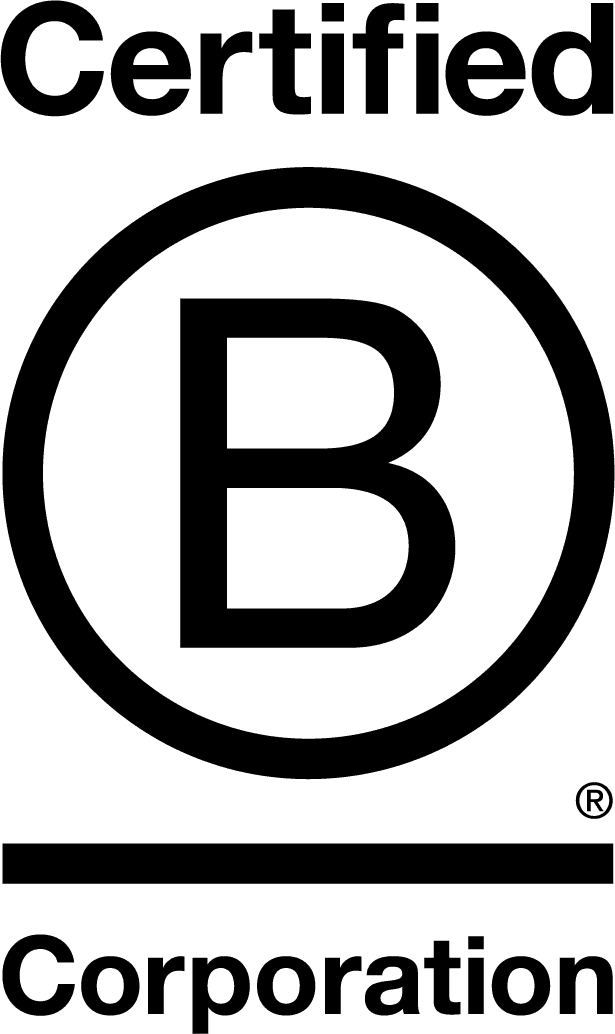

Cappeller S.p.A SB

Province of Vicenza, Italy
July 2023
Fabricated metal products
Manufacturing
Brazil,
Bulgaria,
China,
Czech Republic,
France,
Germany,
Italy,
Jordan,
Mexico,
Poland,
Romania,
Spain,
United Kingdom,
United States
Fondata nel 1969 come produttore di molle, Cappeller S.p.a. ha evoluto rapidamente verso la produzione di particolari stampati e minuterie di precisione, espandendosi in settori diversificati e abbracciando progetti complessi di assemblaggio e saldatura. La progettazione è centrale nella strategia aziendale, con forti investimenti nel rinnovamento tecnologico e una moderna officina interna per stampi ed attrezzature. L'azienda è riconosciuta per l'ingegnerizzazione di prodotti, il co-design, la flessibilità nella produzione e l'impegno per la sostenibilità ambientale e sociale. Cappeller S.p.a pone i dipendenti al cuore del successo, offrendo un ambiente di lavoro stimolante e promuovendo la crescita professionale tramite formazione continua e opportunità di sviluppo. Il benessere e l'innovazione dei dipendenti sono centrali nella missione aziendale. Oltre al contributo all'industria, Cappeller S.p.a è profondamente coinvolta nello sviluppo locale. Attraverso iniziative mirate, supportiamo l'occupazione locale, promuoviamo progetti comunitari e adottiamo pratiche sostenibili per favorire il progresso sociale ed economico. Siamo orgogliosi di essere un motore attivo e responsabile della crescita della nostra comunità.
Overall B Impact Score
Governance 15.9
Governance evaluates a company's overall mission, engagement around its social/environmental impact, ethics, and transparency. This section also evaluates the ability of a company to protect their mission and formally consider stakeholders in decision making through their corporate structure (e.g. benefit corporation) or corporate governing documents.
What is this? A company with an Impact Business Model is intentionally designed to create a specific positive outcome for one of its stakeholders - such as workers, community, environment, or customers.
Workers 21.0
Workers evaluates a company’s contributions to its employees’ financial security, health & safety, wellness, career development, and engagement & satisfaction. In addition, this section recognizes business models designed to benefit workers, such as companies that are at least 40% owned by non-executive employees and those that have workforce development programs to support individuals with barriers to employment.
Community 19.6
Community evaluates a company’s engagement with and impact on the communities in which it operates, hires from, and sources from. Topics include diversity, equity & inclusion, economic impact, civic engagement, charitable giving, and supply chain management. In addition, this section recognizes business models that are designed to address specific community-oriented problems, such as poverty alleviation through fair trade sourcing or distribution via microenterprises, producer cooperative models, locally focused economic development, and formal charitable giving commitments.
Environment 23.2
Environment evaluates a company’s overall environmental management practices as well as its impact on the air, climate, water, land, and biodiversity. This includes the direct impact of a company’s operations and, when applicable its supply chain and distribution channels. This section also recognizes companies with environmentally innovative production processes and those that sell products or services that have a positive environmental impact. Some examples might include products and services that create renewable energy, reduce consumption or waste, conserve land or wildlife, provide less toxic alternatives to the market, or educate people about environmental problems.
Customers 4.2
Customers evaluates a company’s stewardship of its customers through the quality of its products and services, ethical marketing, data privacy and security, and feedback channels. In addition, this section recognizes products or services that are designed to address a particular social problem for or through its customers, such as health or educational products, arts & media products, serving underserved customers/clients, and services that improve the social impact of other businesses or organizations.